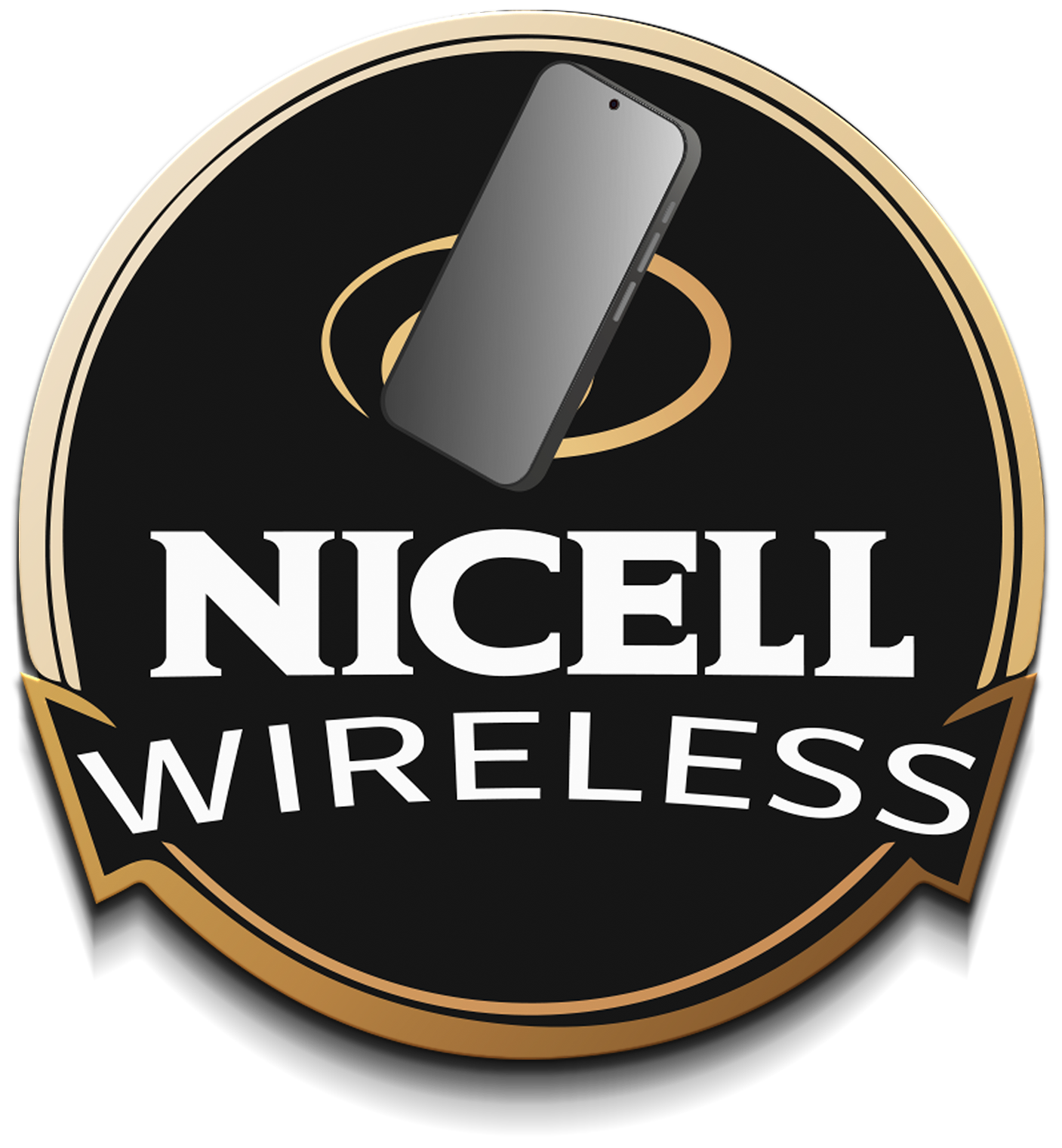Home Internet Options in Salt Lake City: Pros and Cons
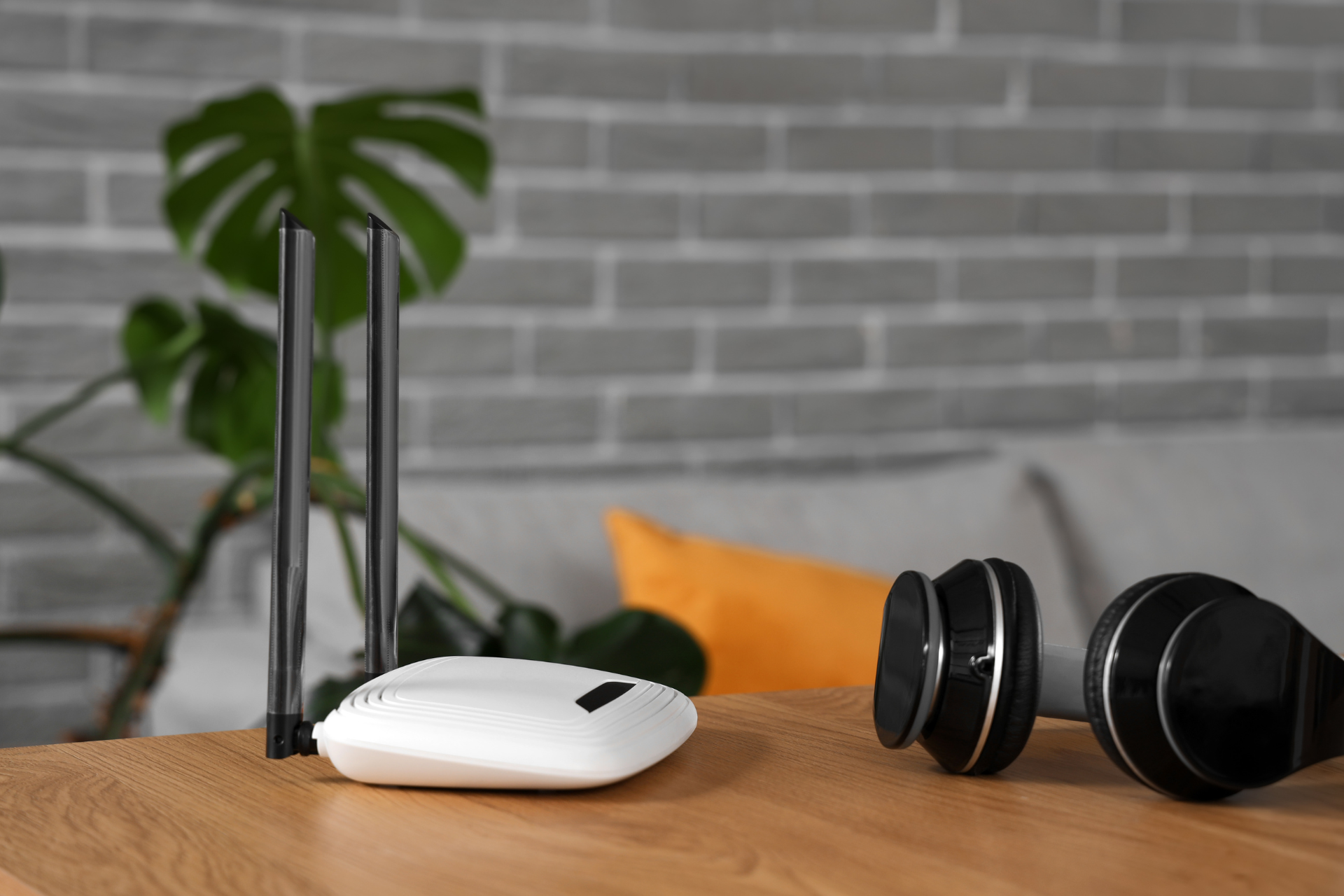
In today’s connected world, having a reliable home internet connection is essential, especially if you’re juggling remote work, online gaming, or binge-watching your favorite shows. Here in Salt Lake City, you have a variety of options to choose from, each with its own set of advantages and disadvantages. At Nicell Wireless, we understand the importance of staying connected, so let’s explore the most popular home internet options available to you in the city.
1. Cable Internet
Pros
Cable internet is a popular choice for many households in Salt Lake City. With providers like Comcast Xfinity leading the pack, you can enjoy high-speed internet with download speeds that often exceed 100 Mbps. This is fantastic for families with multiple users streaming, gaming, or working from home simultaneously. Plus, cable internet is widely available, making it easy to find a service provider in your area.
Cons
On the flip side, cable internet can often come with data caps, meaning you might face additional charges if you exceed a certain amount of data usage each month. Additionally, during peak hours, you may experience slower speeds due to network congestion, an issue that can be frustrating when you're trying to finish up work or stream your favorite show.
2. Fiber Optic Internet
Pros
If you’re looking for the fastest speeds available, fiber optic internet is often the way to go. With providers like UTOPIA Fiber, you can access gigabit speeds, which is ideal for heavy users, gamers, or those who frequently download large files. The reliability of fiber means you’re less likely to run into connectivity issues, which is a significant advantage for both remote work and streaming.
Cons
Unfortunately, fiber optic internet isn’t available everywhere in Salt Lake City. If you live in a more suburban area, you might find that cable or DSL is your only option. Additionally, installation costs can be higher than other types of internet, which can be a downside if you’re looking to keep your setup budget-friendly.
3. DSL Internet
Pros
Digital Subscriber Line (DSL) internet uses your existing phone lines, which means it’s widely available. For those on a budget or in areas where cable and fiber aren’t options, DSL can offer decent speeds—typically ranging from 5 to 100 Mbps. Providers like CenturyLink are known for their DSL services, and you might find bundling options with phone service appealing.
Cons
The major downside of DSL is that the speeds can vary significantly based on your distance from the provider's nearest hub. If you're too far away, you could be stuck with slower internet speeds, which isn’t ideal if you need consistent performance for work or gaming.
4. Satellite Internet
Pros
For those living in more remote areas of Salt Lake City, satellite internet may be the only viable option. Providers like HughesNet and Viasat cover broad geographic areas, ensuring you can stay connected even in harder-to-reach spots.
Cons
However, satellite internet can be quite slow, with typical download speeds lower than those of cable and DSL. Plus, you might face latency issues, making it less than ideal for online gaming or video calls. Moreover, data caps can also be a concern.
Conclusion
Choosing the right home internet option in Salt Lake City depends on your specific needs, budget, and location. Take the time to weigh the pros and cons of each option before making your decision. And remember, at Nicell Wireless, we not only specialize in cell phone repairs but also offer home internet solutions to keep you connected! Whatever your choice, make sure you’re ready to enjoy all that the digital world has to offer.
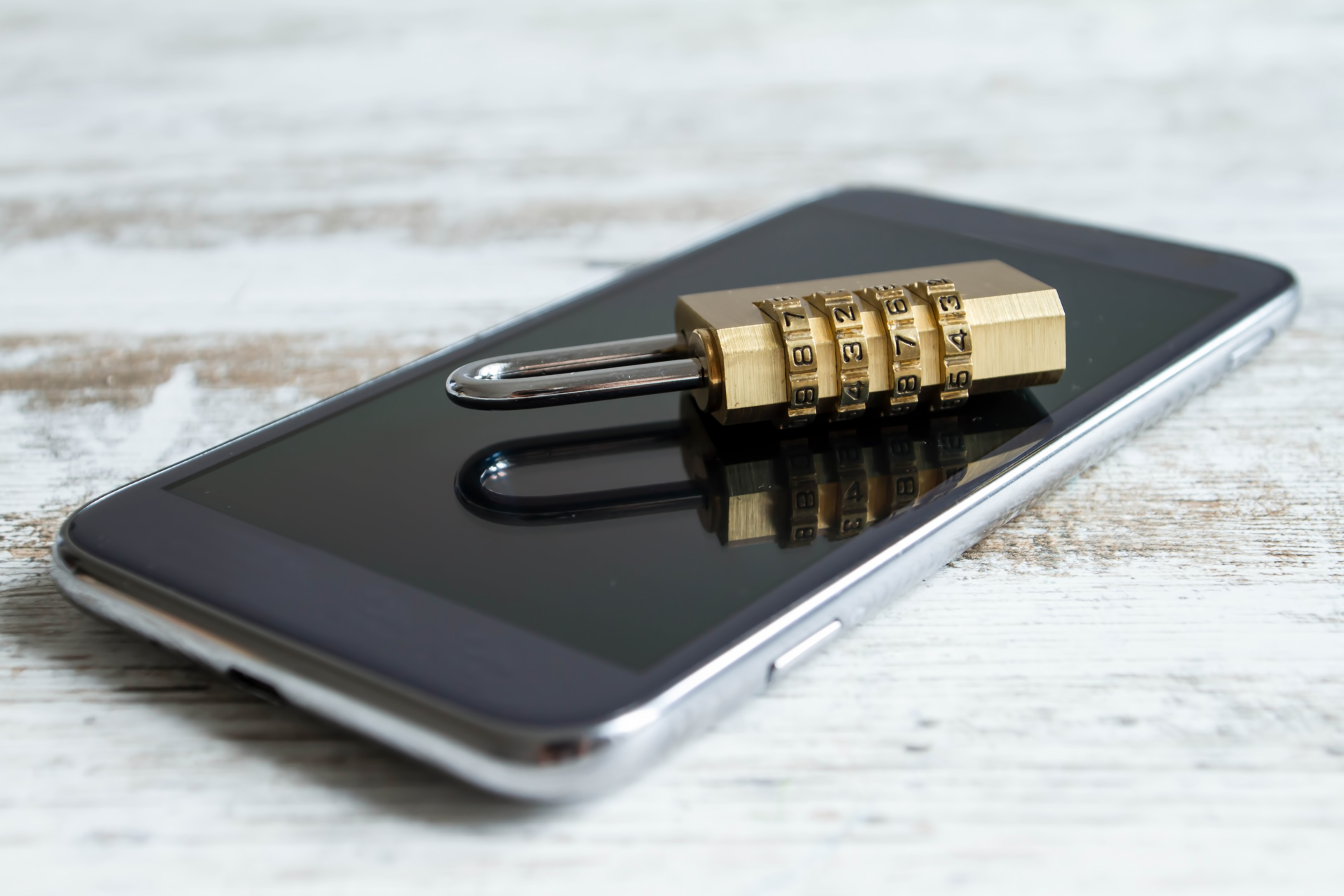
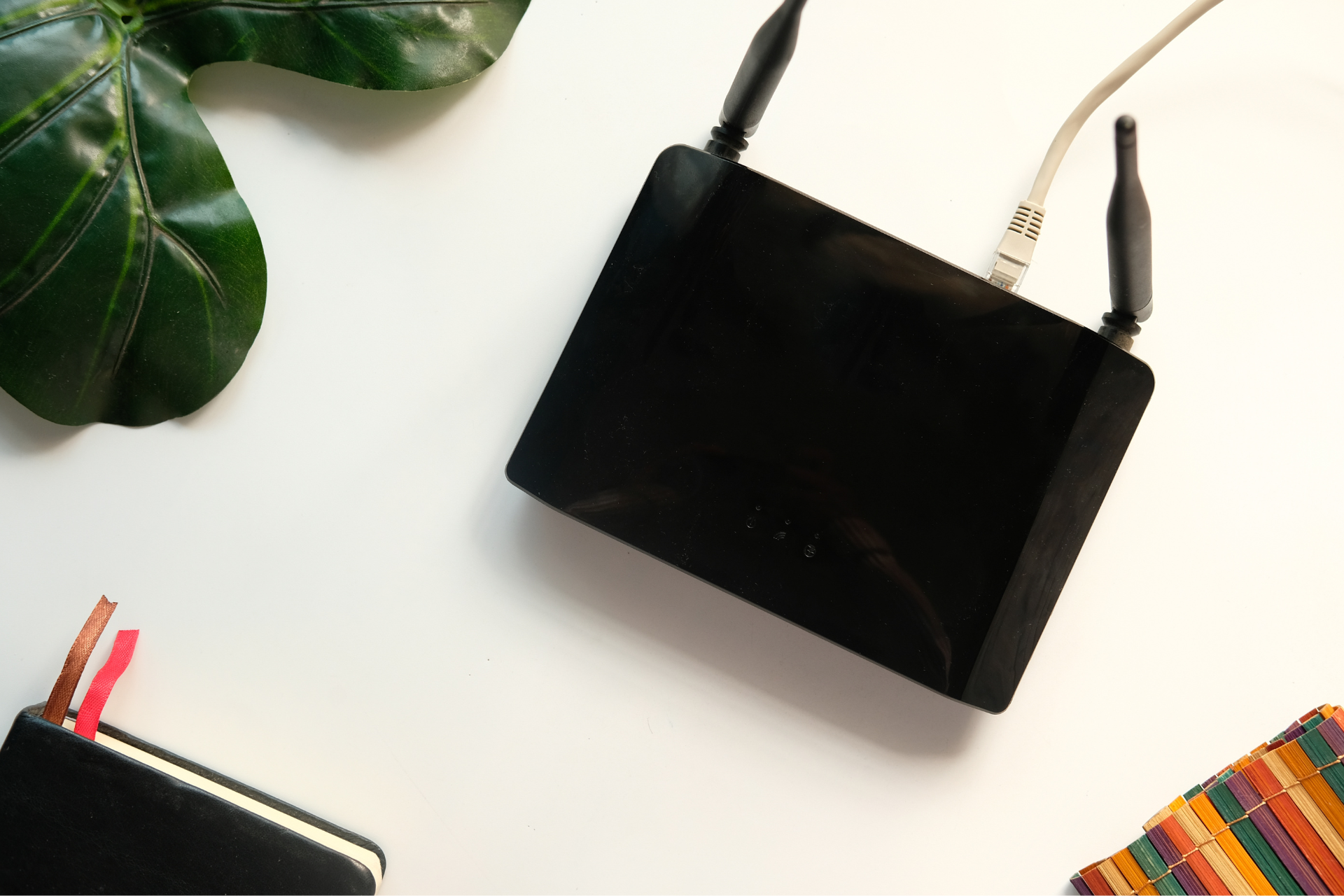

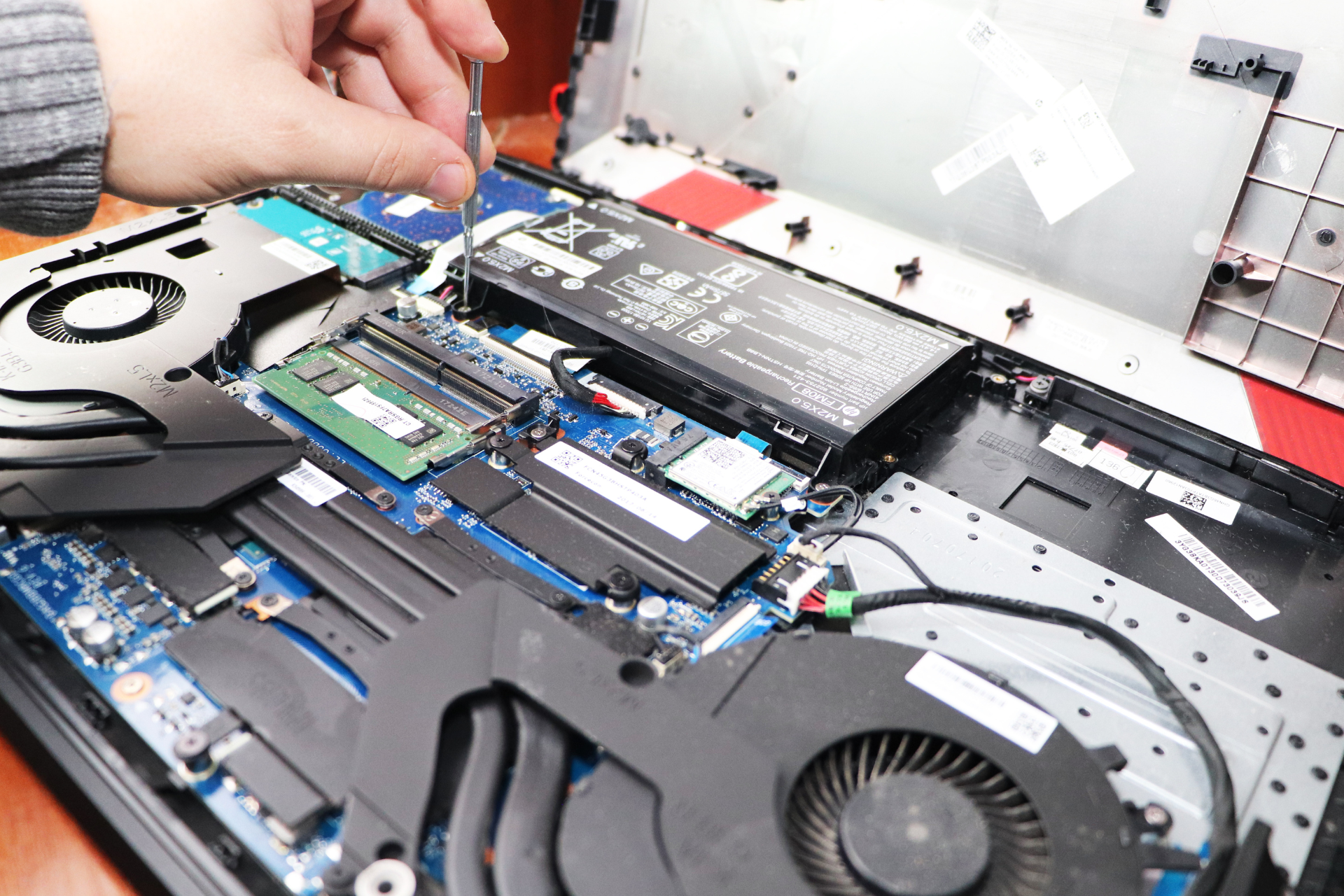

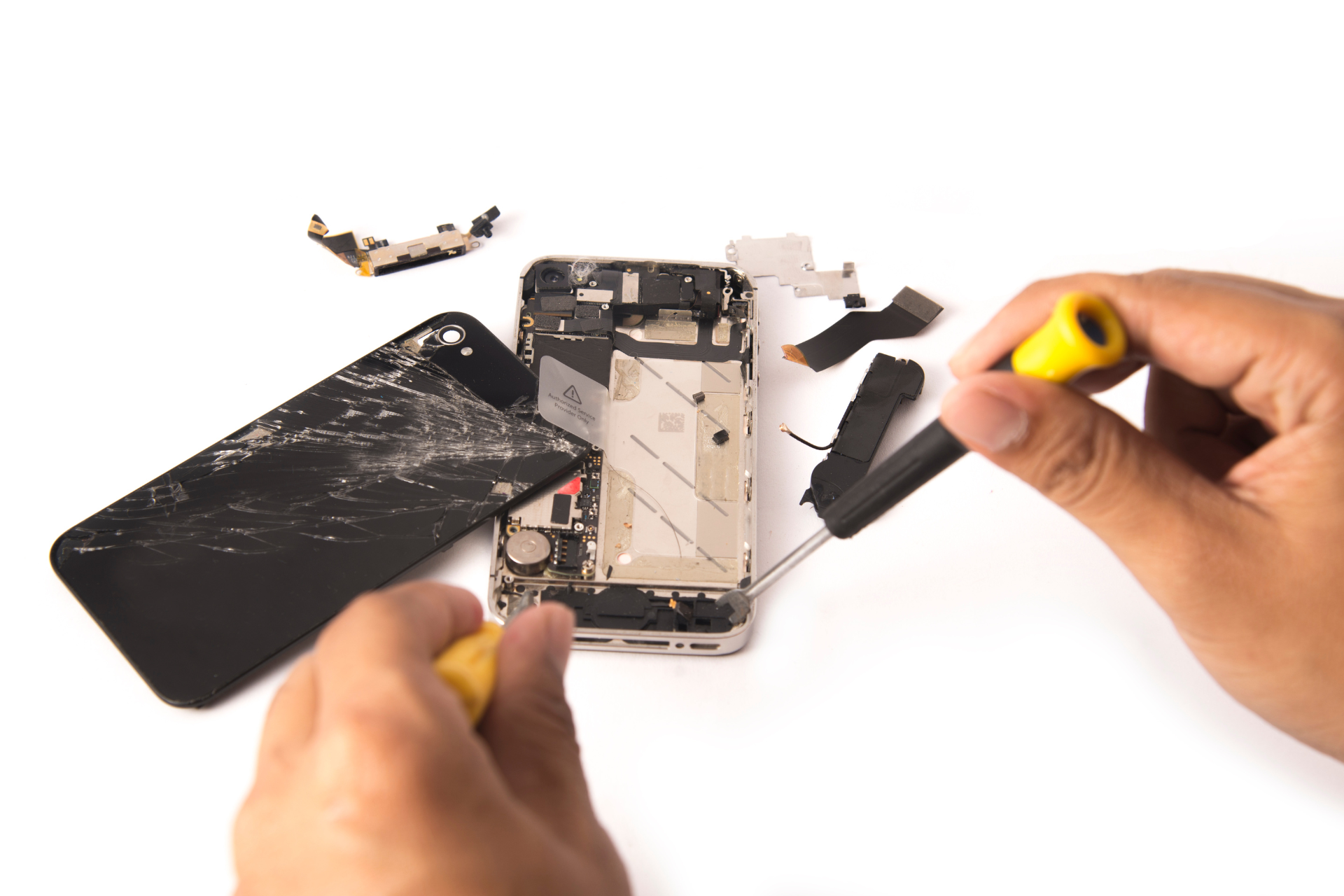



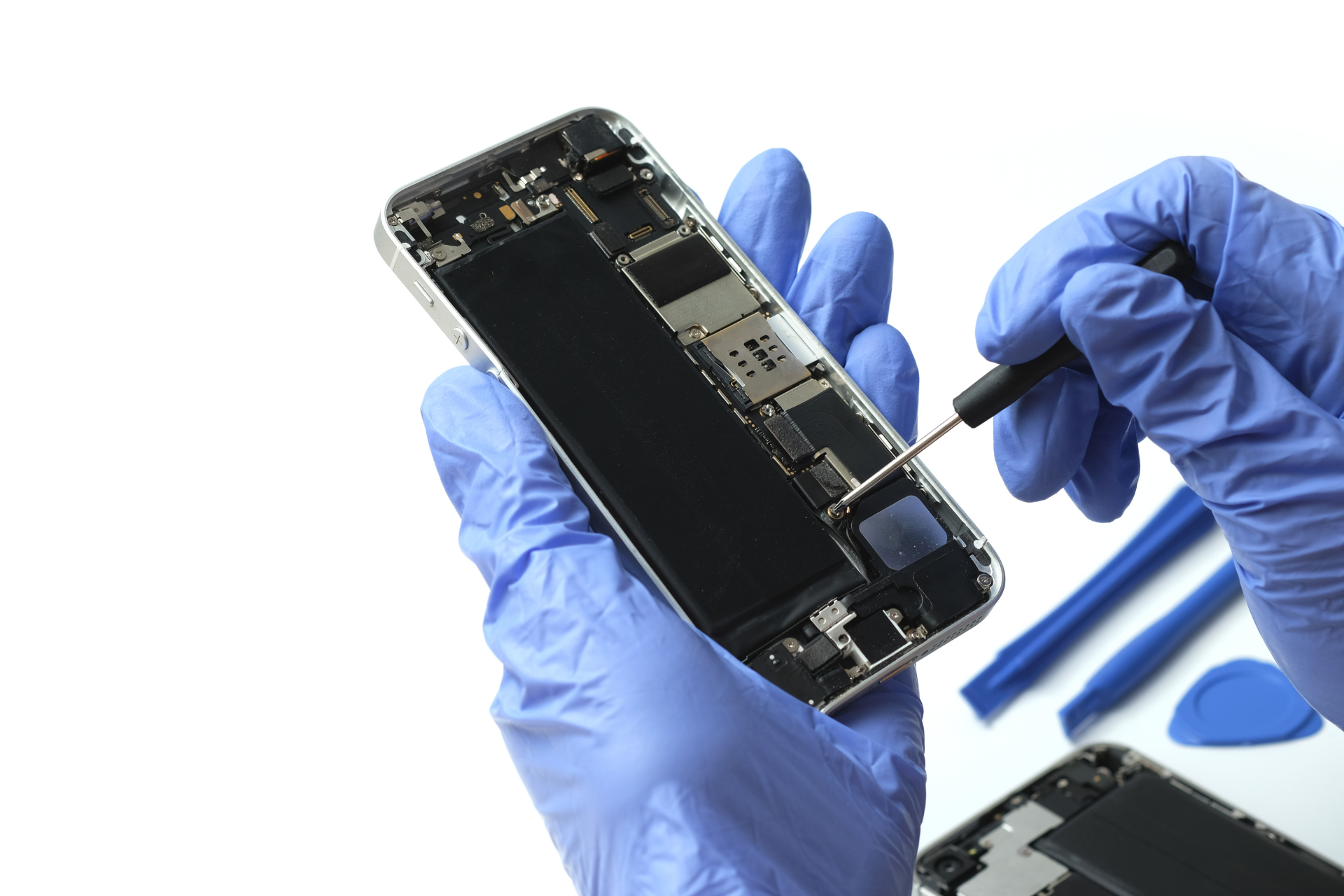
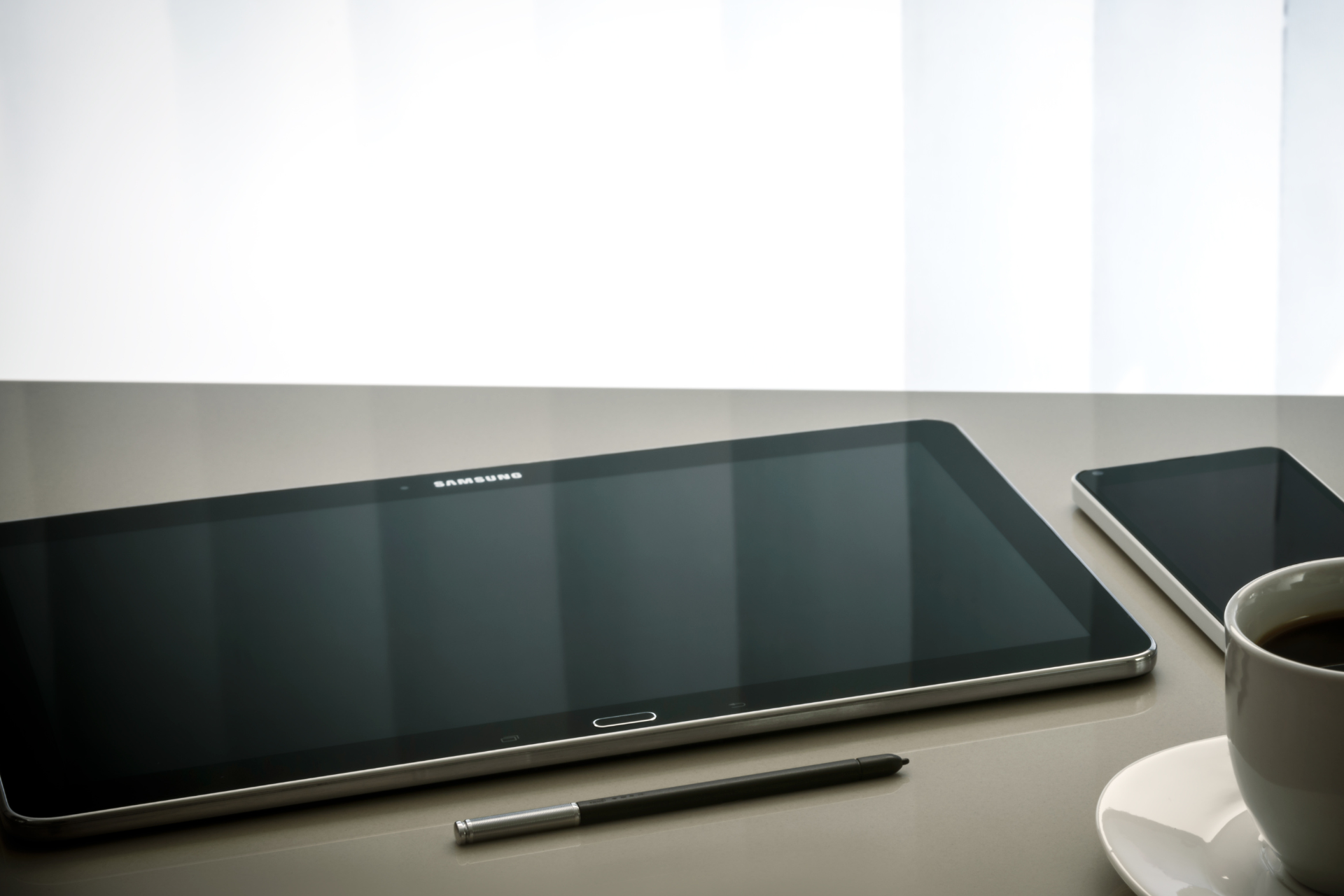

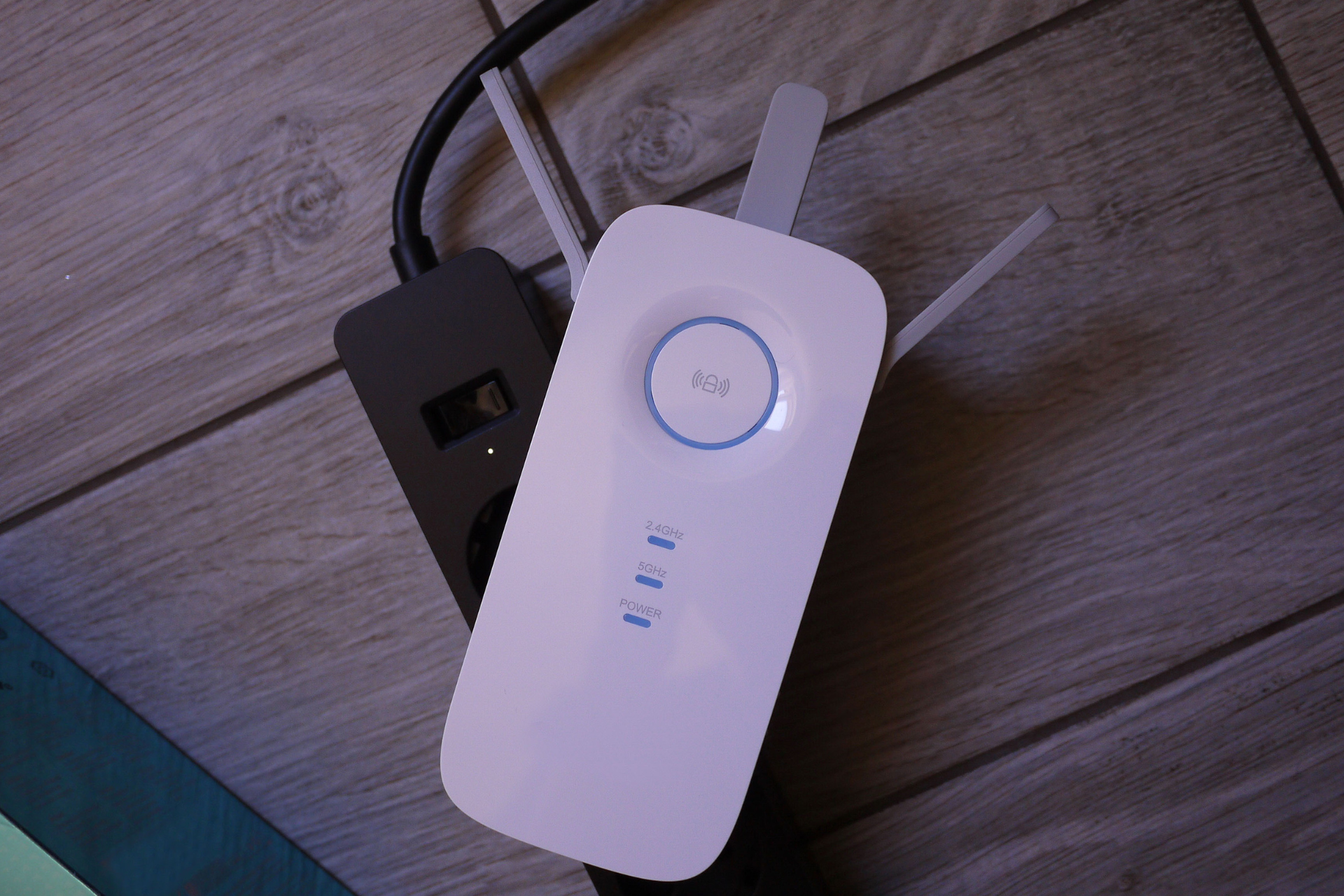
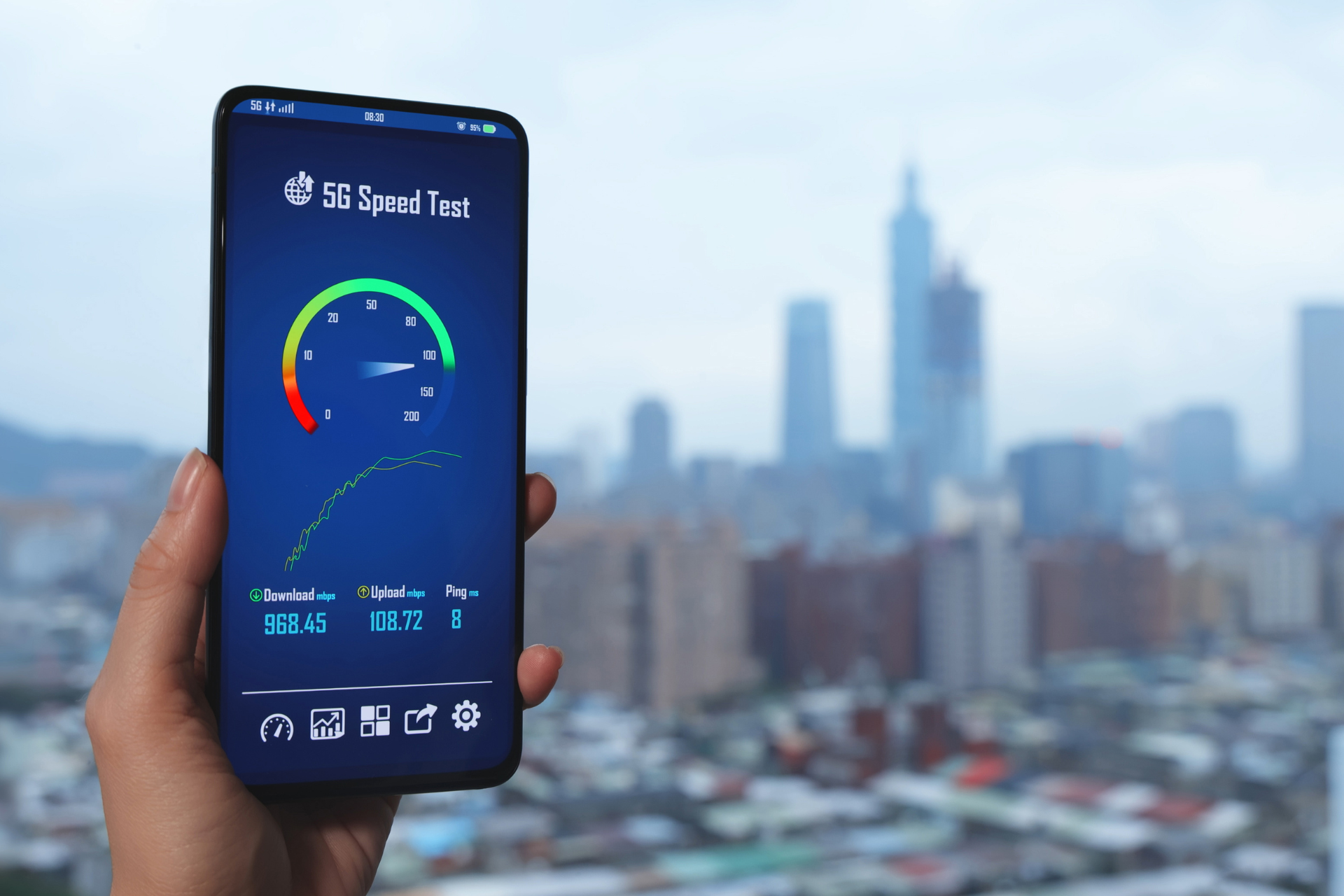
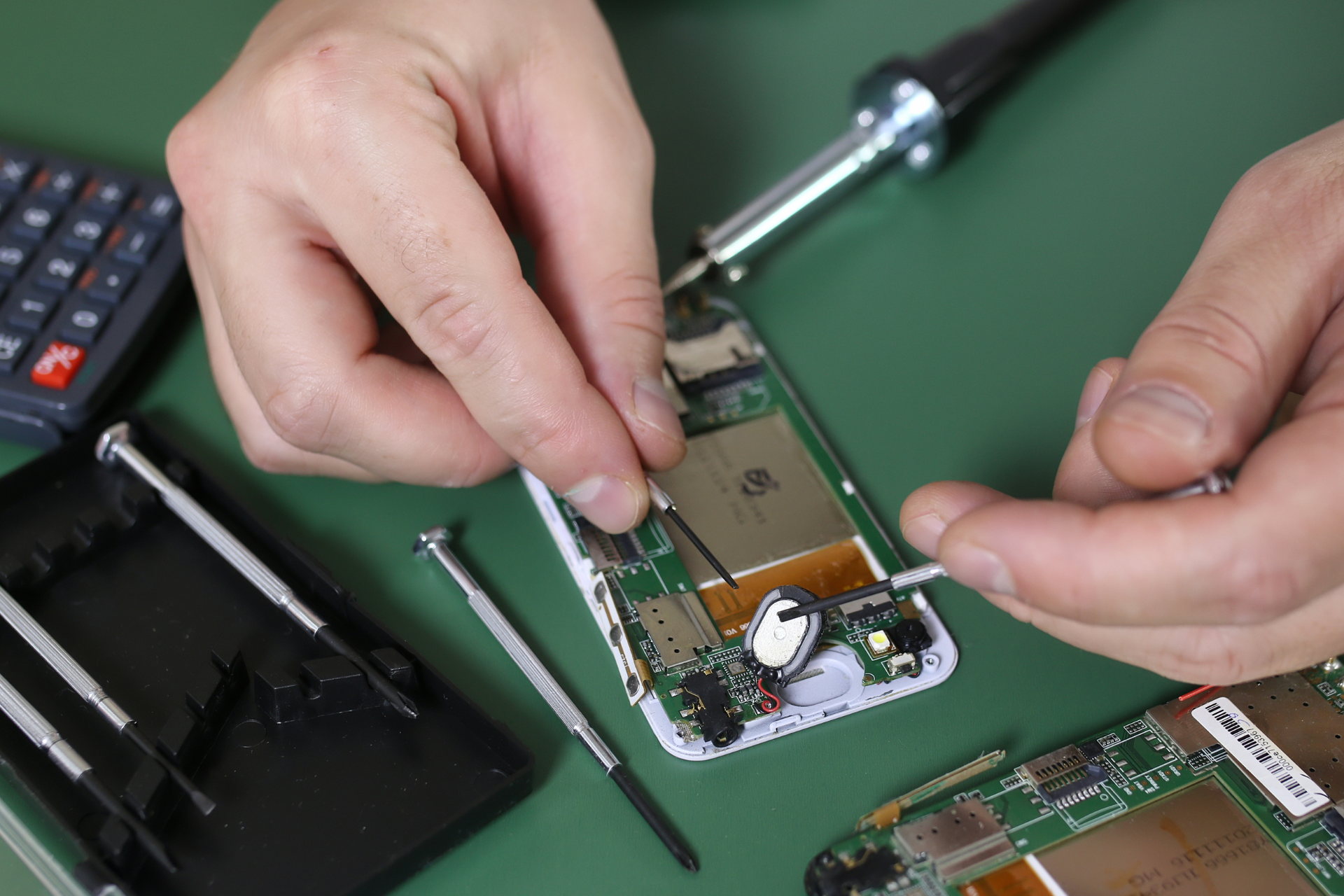

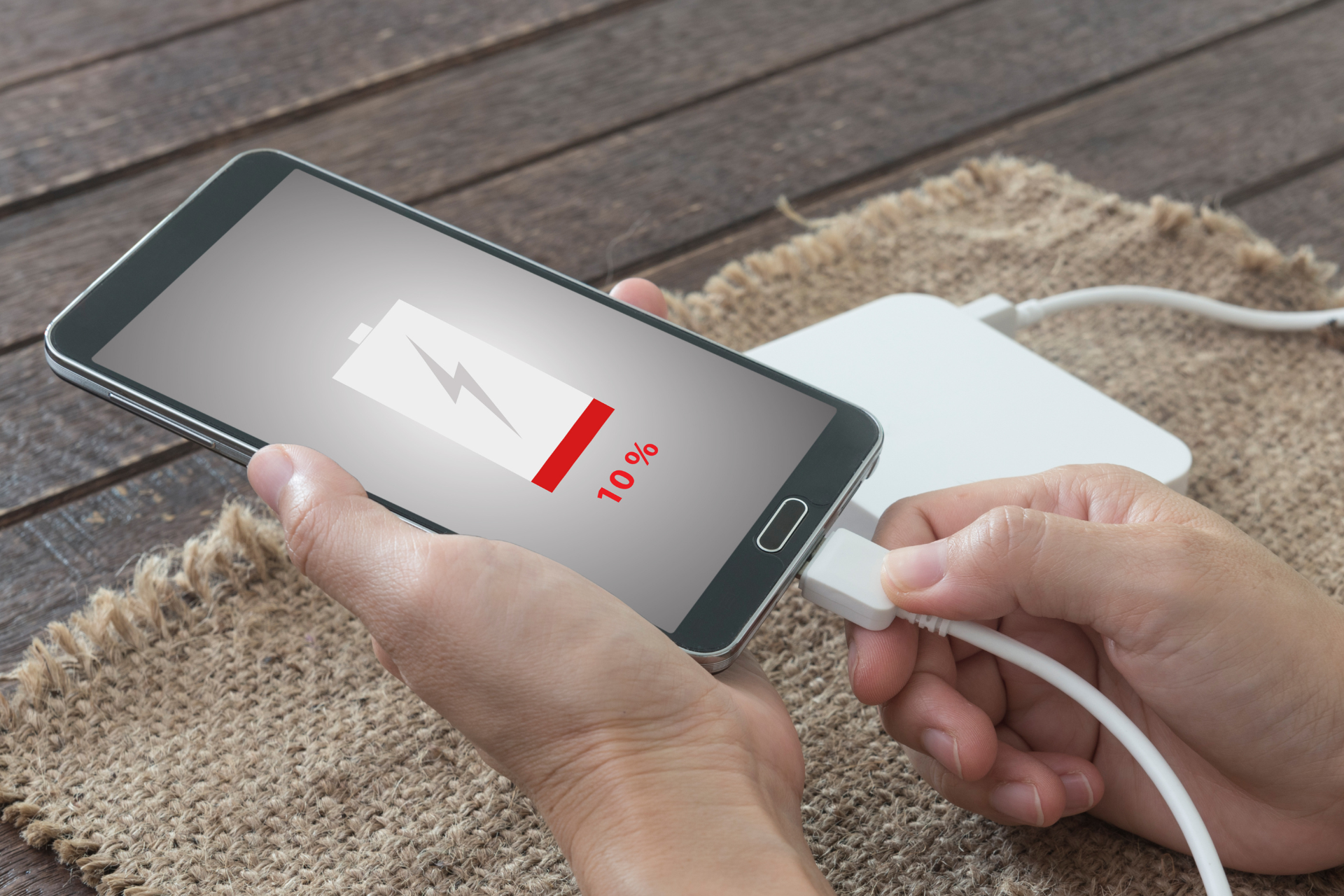
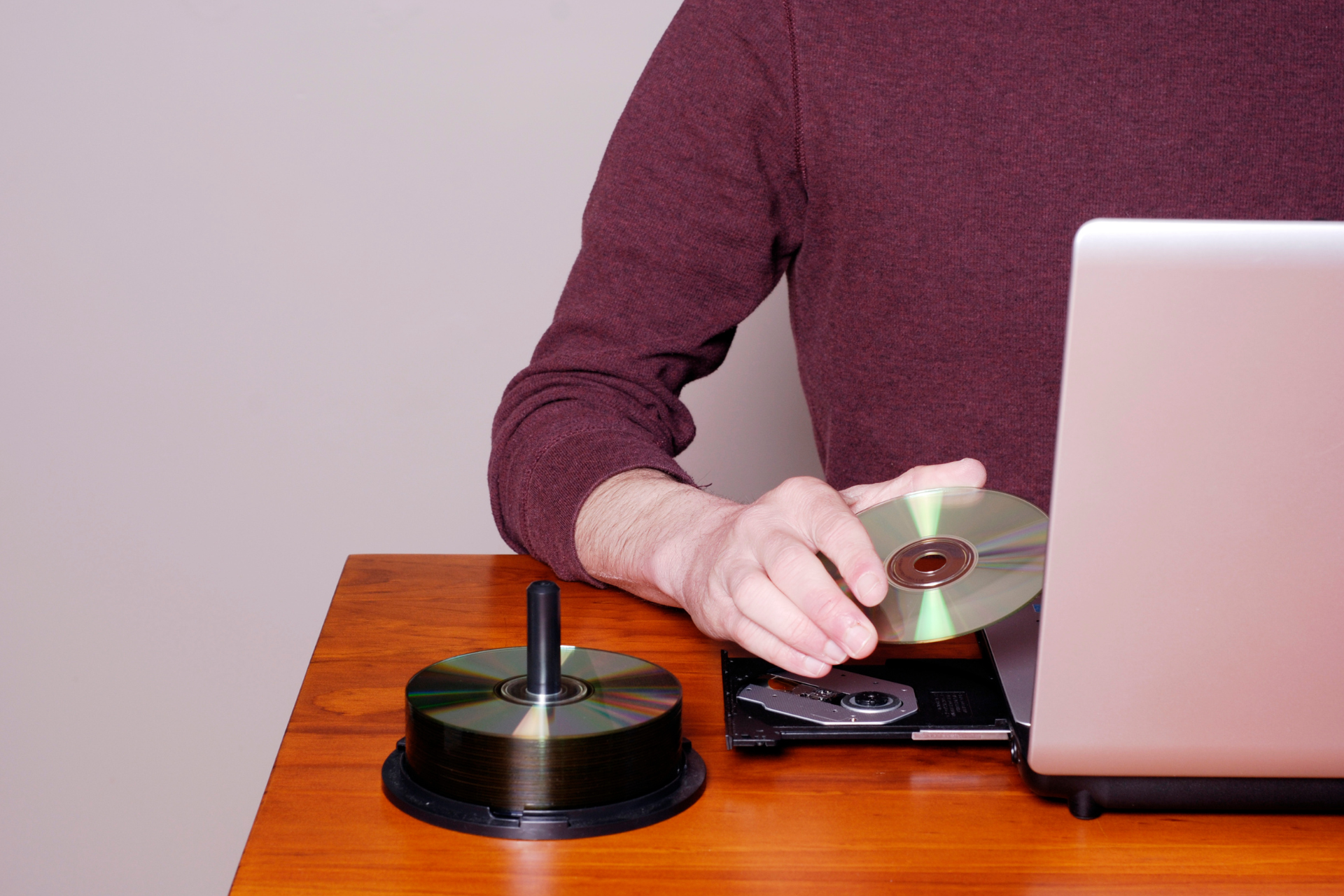
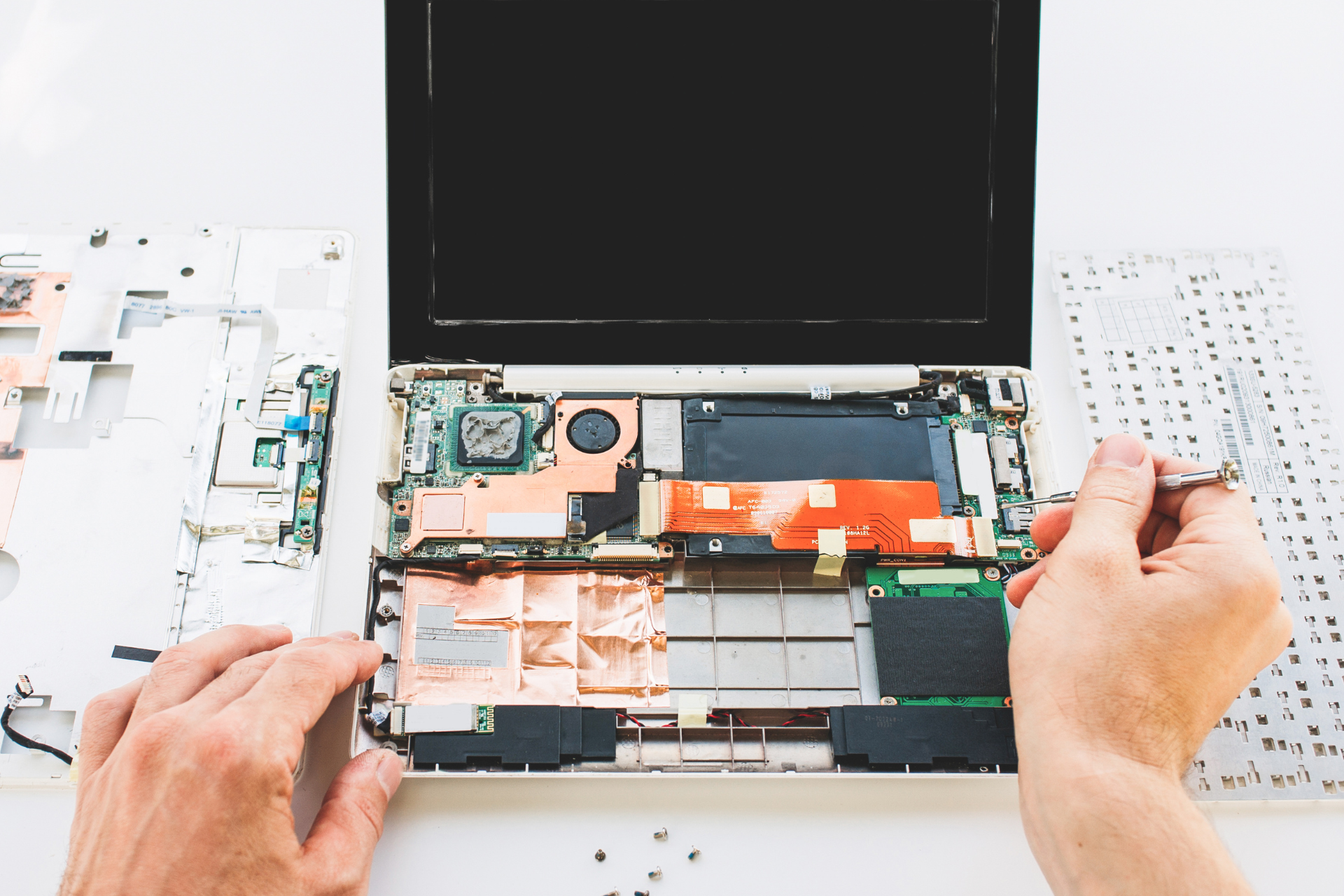
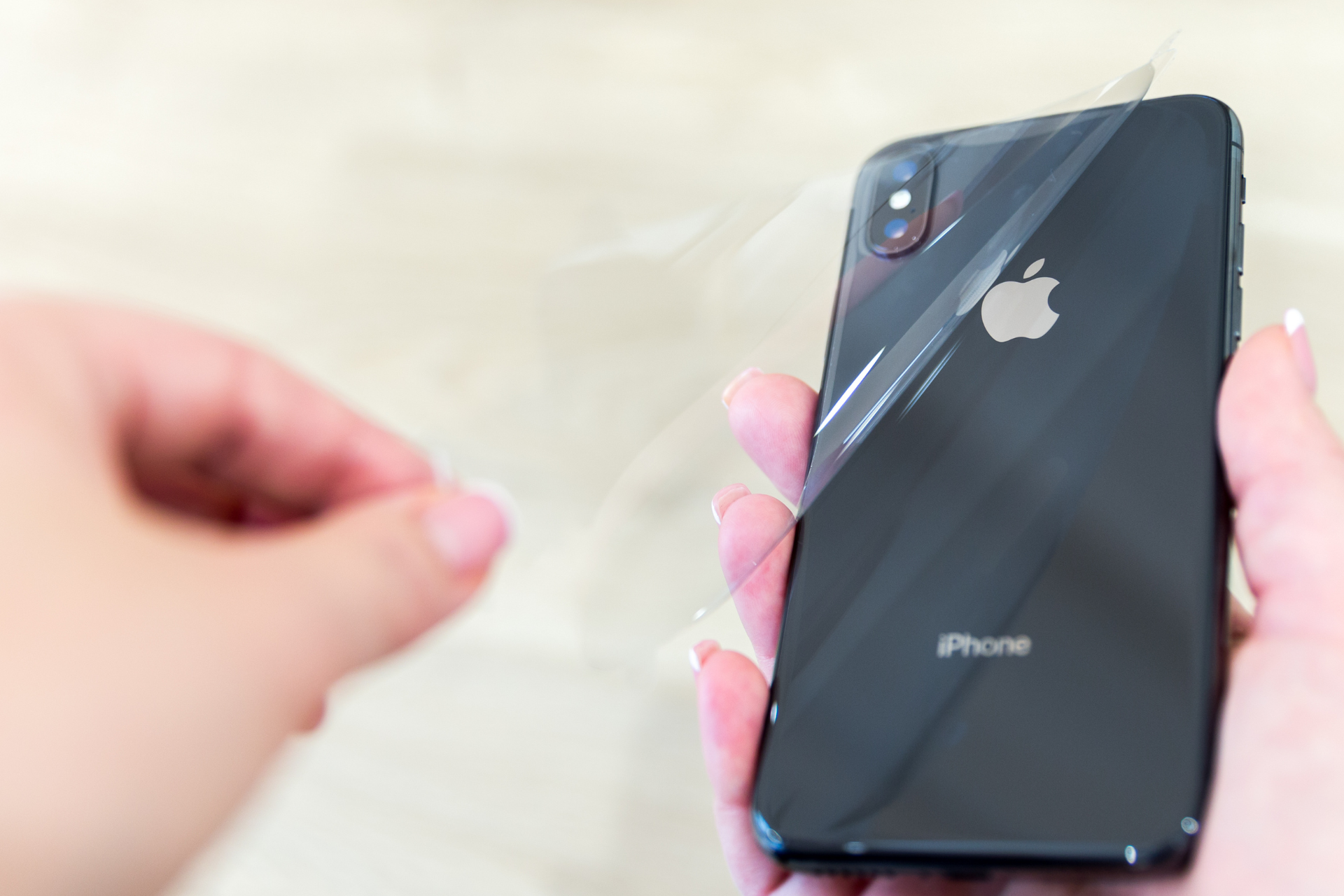

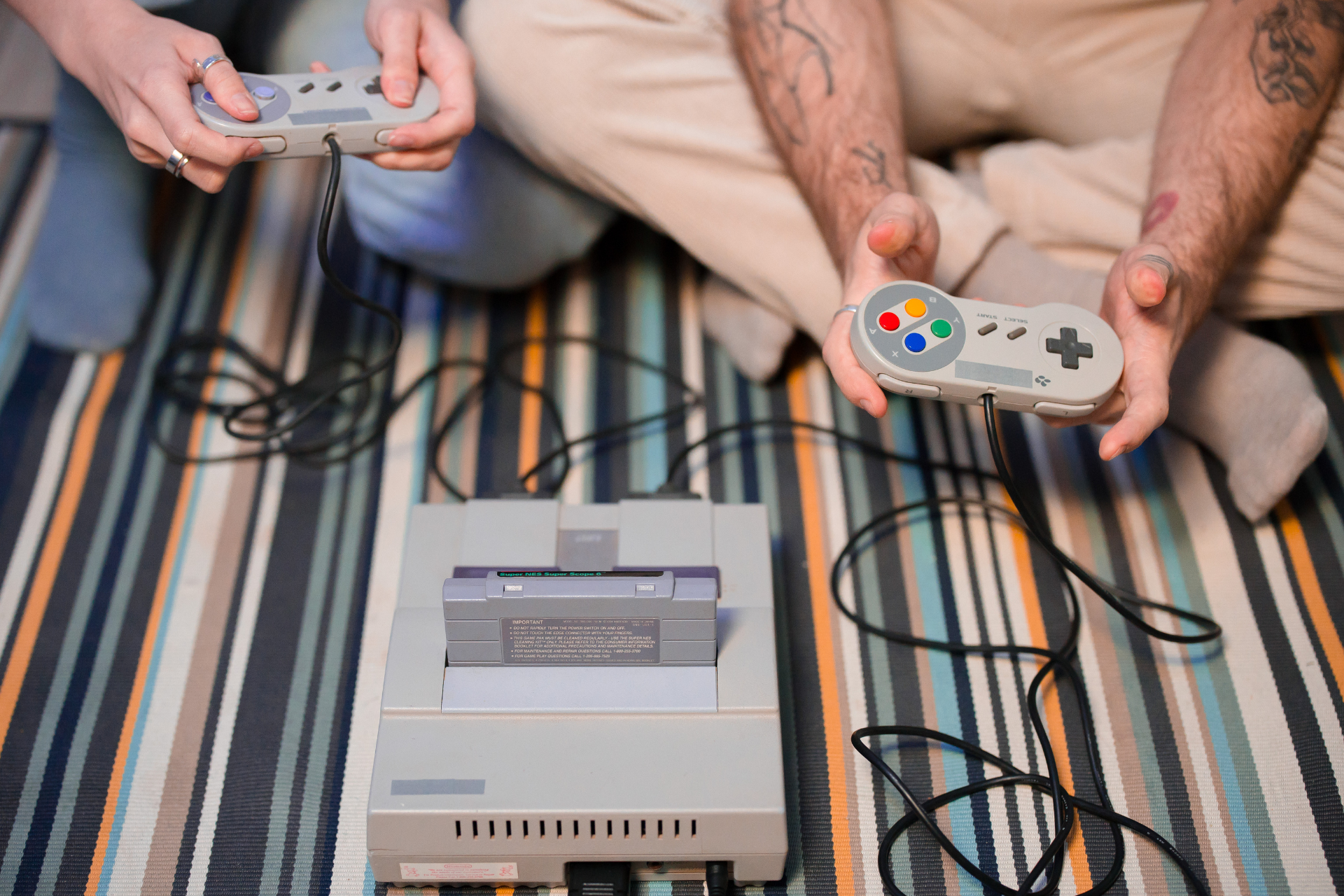
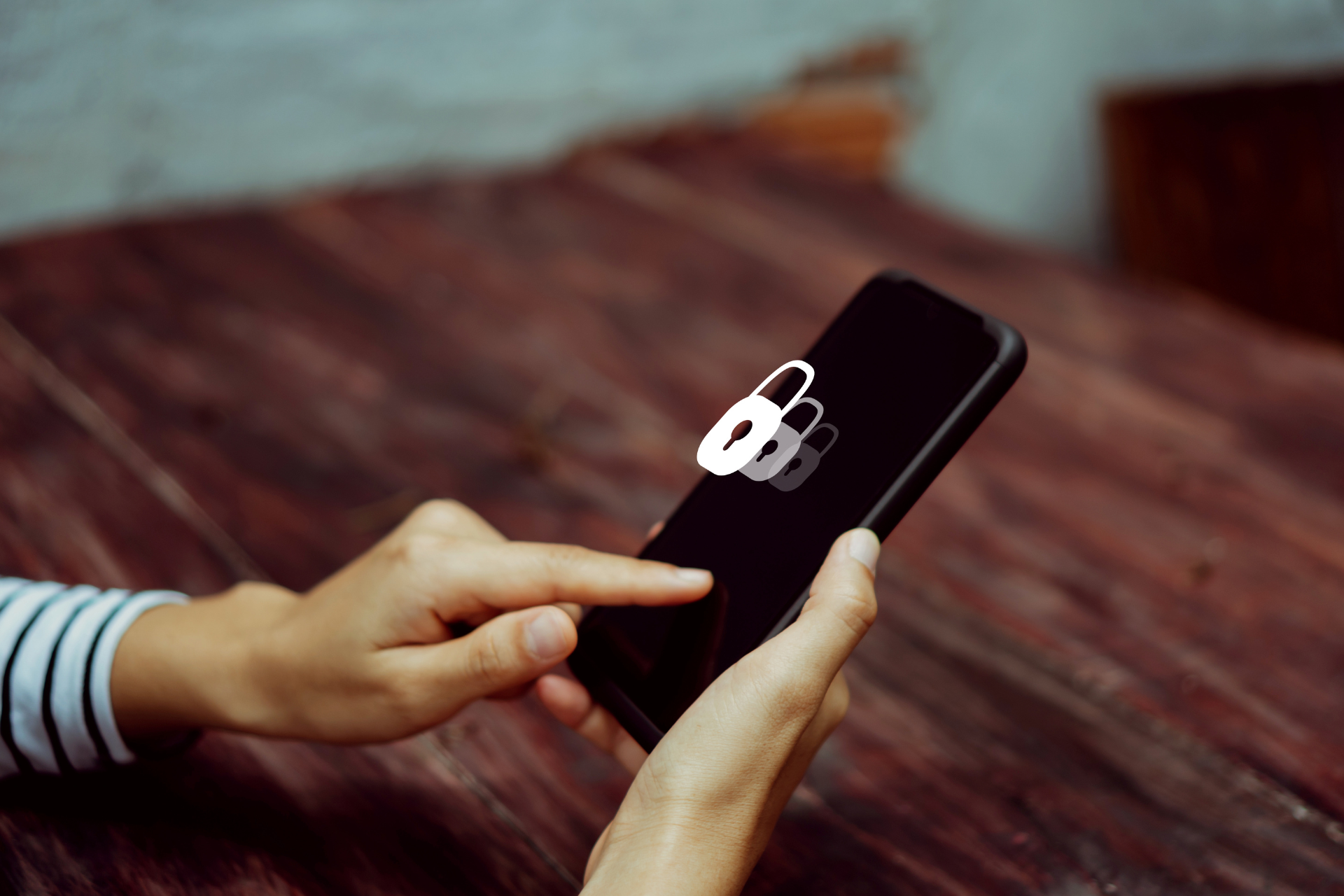
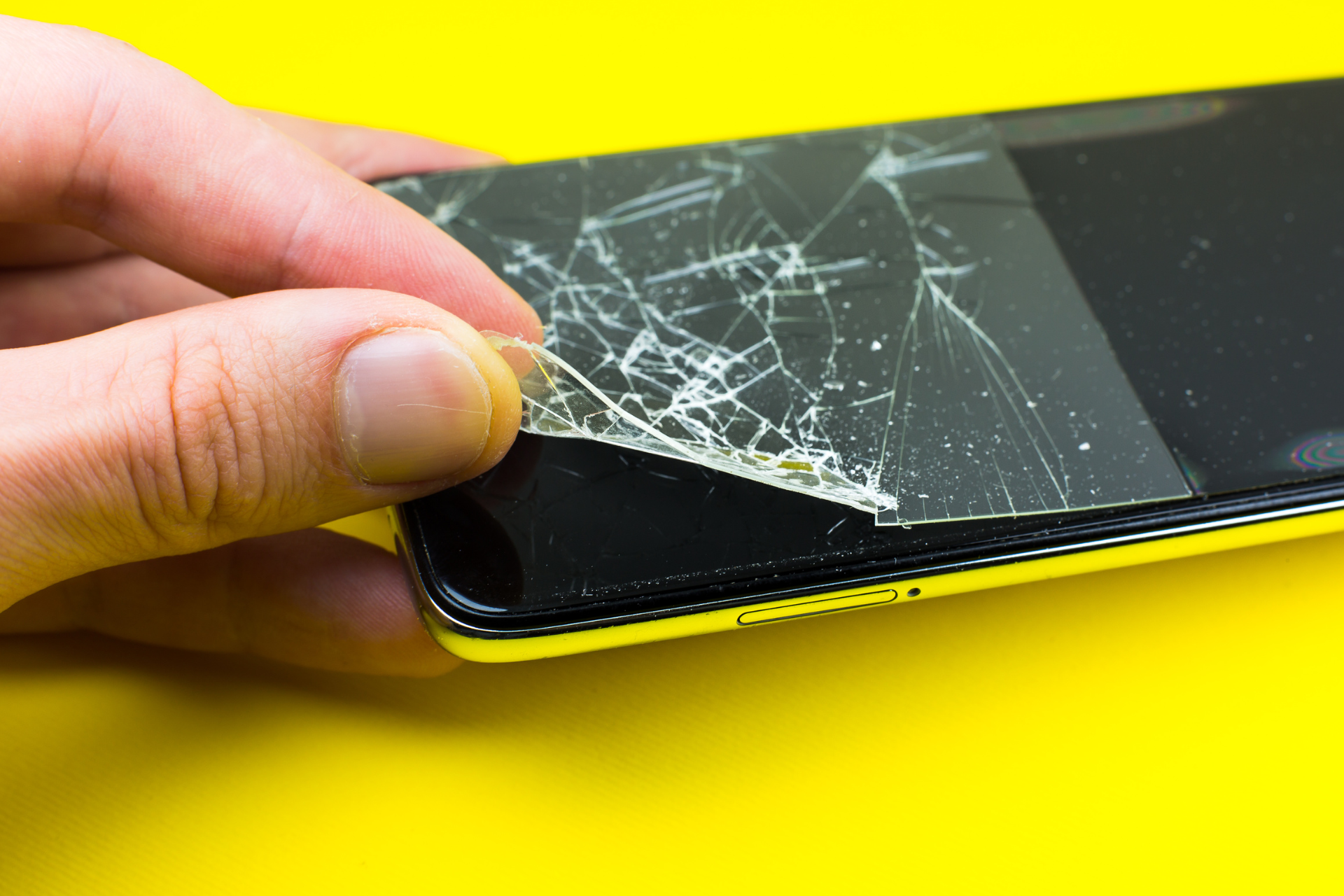
Send us a Message
Have a question? We’re here to help. Send us a message and we’ll be in touch.
We will get back to you as soon as possible
Please try again later
LET'S GET IN TOUCH!
Main Location
Hours:
Monday - Saturday 10:00 am - 7:00 pm
Additional Location
1500 W 3500 S, Kiosk #8
West Valley City, UT 84119
Hours:
-Thursday - Friday 12:00 pm - 7:00 pm
-Saturday 10:00 am - 7:00 pm
-Sunday 10:00 am - 6:00 pm
